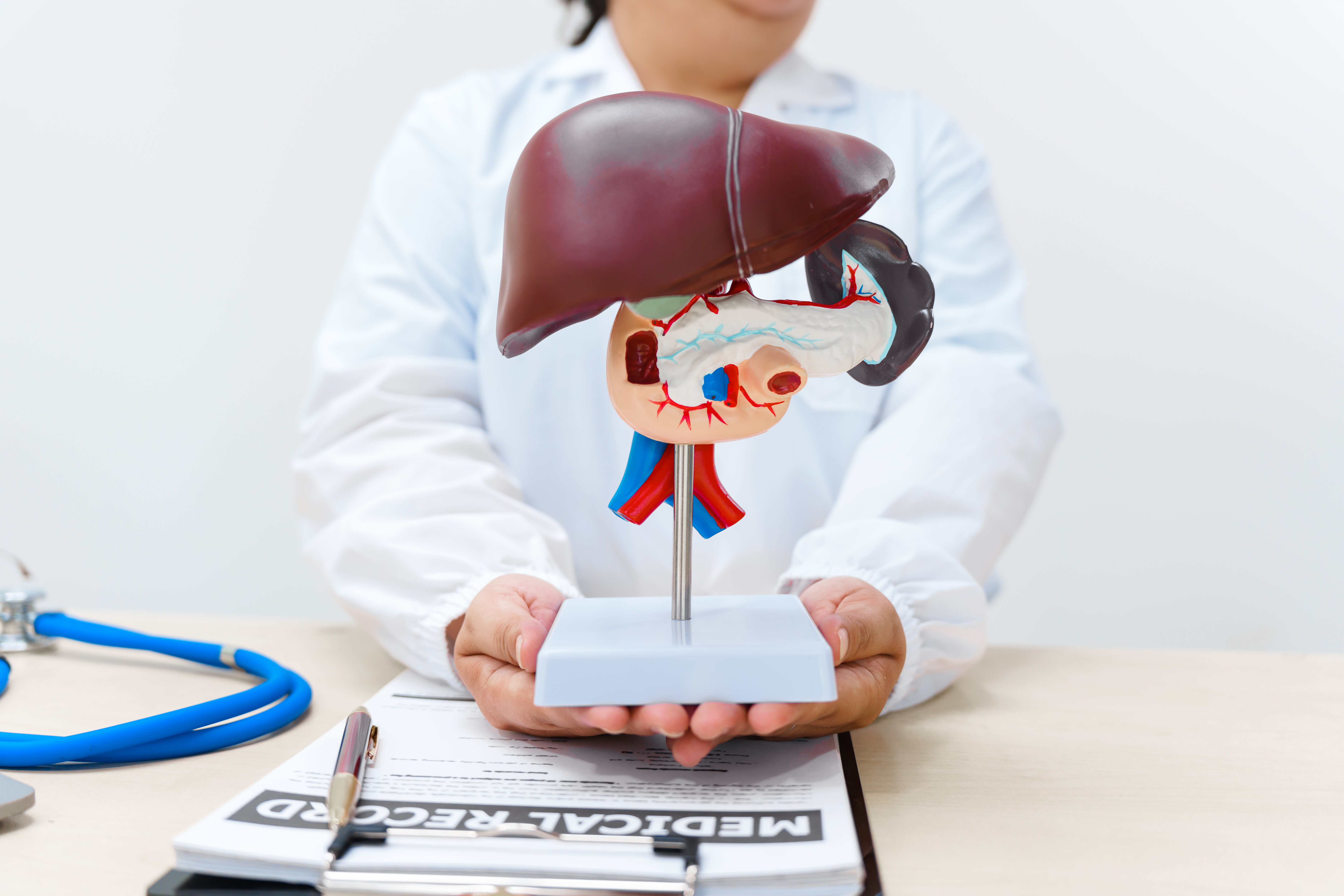11 Things Your Doctor Won’t Tell You About Your Cholesterol Medication
Cholesterol medications, commonly known as statins, have long been at the center of medical discussions, often praised for their life-saving capabilities. However, beneath the surface of their widespread use lies a complex web of truths that remain largely unspoken. This article aims to peel back the layers and reveal 11 astonishing truths about cholesterol medications that are seldom discussed openly. From the biochemical nuances of how these drugs function to the socio-economic factors influencing their prescription, each section will delve into aspects that could reshape your understanding of these medications. As we embark on this journey, prepare to uncover insights that challenge conventional wisdom and offer a fresh perspective on a topic that affects millions worldwide.
1. The Biochemical Balancing Act: How Cholesterol Medications Work

Cholesterol medications primarily function by inhibiting the enzyme HMG-CoA reductase, a crucial player in the liver's cholesterol production. This action reduces the overall cholesterol levels in the bloodstream, particularly low-density lipoprotein (LDL) cholesterol, often referred to as "bad" cholesterol. However, this simplistic view overlooks the complex biochemical dance that occurs within the body. Statins not only reduce cholesterol but also impact a myriad of other biological pathways, influencing inflammation, endothelial function, and even the immune response. Understanding this broader biochemical impact is essential, as it underscores the multifaceted role these medications play beyond mere cholesterol reduction.
2. Beyond Cholesterol: Unexpected Benefits of Statins

While the primary goal of statins is to lower cholesterol, research has uncovered a host of unexpected benefits that extend beyond cardiovascular health. Statins have demonstrated anti-inflammatory properties, which may contribute to their protective effects against conditions like rheumatoid arthritis and certain cancers. Moreover, studies suggest that statins could improve bone health by enhancing bone mineral density and reducing fracture risk. These additional benefits highlight the potential of statins to positively impact various aspects of health, prompting further investigation into their broader therapeutic applications.
